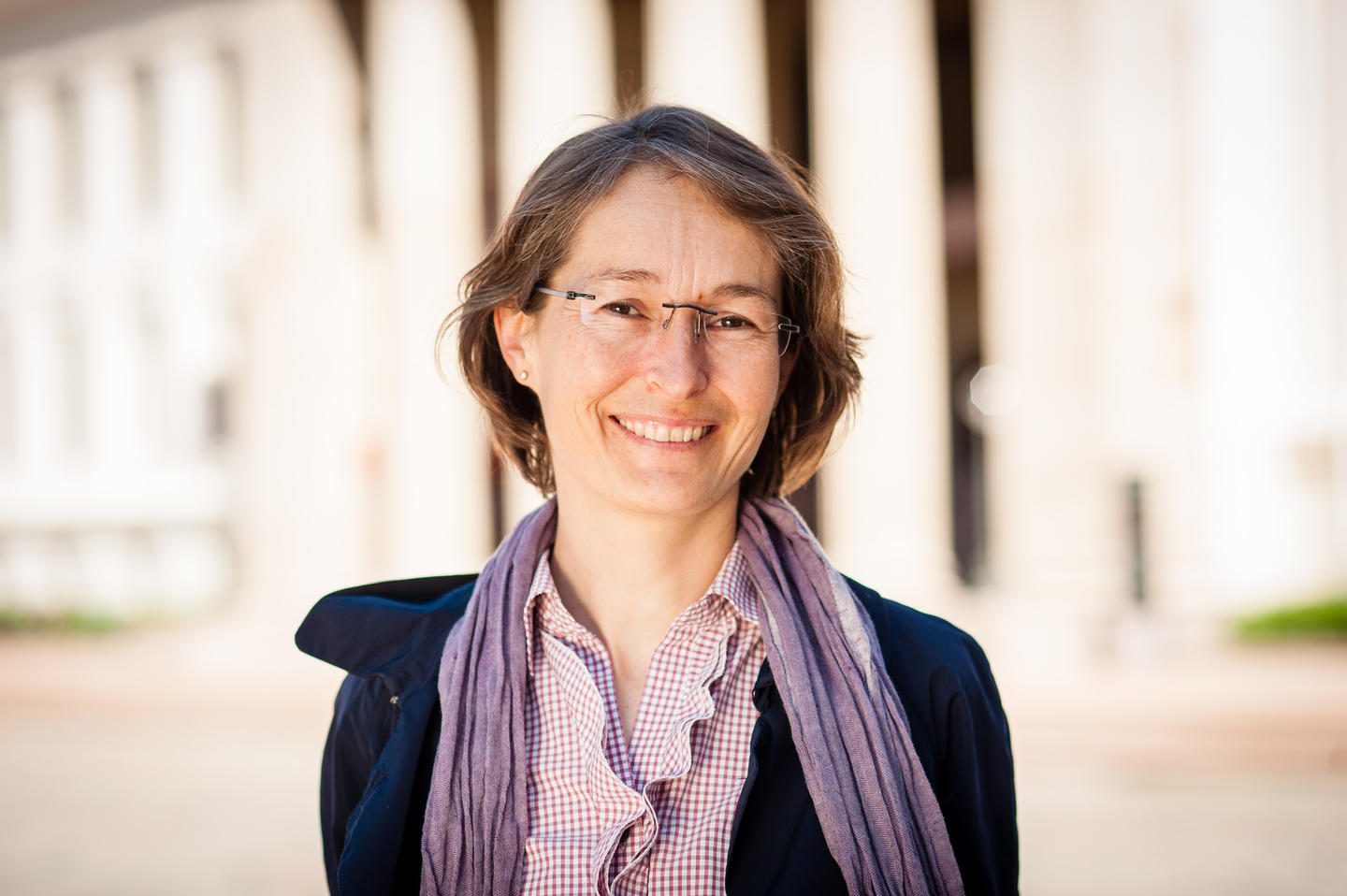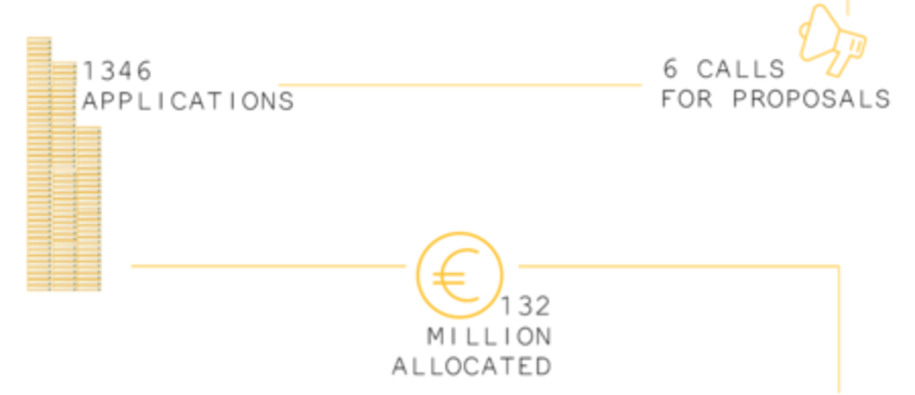Joint research projects are now taking place with researchers from Norway, Iceland and the Czech Republic, Estonia, Latvia, Poland and Romania. €132 million have been allocated by Iceland, Liechtenstein and Norway to joint research programmes. This is currently making it possible for more than 1500 researchers from more than 230 research institutions to cooperate. 145 joint projects are now underway.
Several projects are supporting research on the consequences of climate change on the environment and on improving the efficiency of alternative energy resources. In the field of health, numerous projects are targeting cancer research from various perspectives, such as risk factors analysis, diagnosis and treatment.
Projects in the field of social sciences and the humanities span a wide range of topics such as gender studies, language, migration, demographics, and social integration of vulnerable groups.
Under the research programme in Greece, additional 18 projects have recently been contracted.
Great interest in cooperation
The Research Council of Norway is involved as a donor programme partner in five countries – the Czech Republic, Estonia, Latvia, Poland and Romania. We have talked to Aleksandra Witczak Haugstad from the the Research Council about the programmes and the interest of cooperation in this field.
“We have had six calls for project proposal in five countries over the last few years and received 1346 applications. All of them had a partner from the donors' side. We can definitely say that there has been a great interested in cooperation,” said Haugstad who is responsible for the EEA and Norway Grants research programmes in the Research Council.
As a donor programme partner under the EEA and Norway Grants, the Council contributes to strengthen cooperation with institutions involved in research and innovation in the beneficiary countries and assist Norwegian research communities to expand their international networks to include partners in these countries.
- Why are the programmes so popular?
“The demand for research funding in the beneficiary countries is great,” explained Haugstad.
The number of applications were high in all the countries. The funding under the EEA and Norway Grants was made available after the calls under the EU’s previous research programme had closed and before the current Horizon 2020 programme calls were opened and therefore filled a gap in funding opportunities.
“The number of joint applications also indicate that our programmes offer attractive conditions for researchers. This makes it possible for researchers from donor and beneficiary countries to send joint applications independent of local budgets.”
The joint research programmes in Czech Republic, Estonia, Latvia, Poland and Romania received almost ten times more applications than there was funding for.
Building research networks
Investment in research and innovation is crucial to sustainable economic recovery and improving Europe’s competitiveness and transnational cooperation is a priority. However, today, the beneficiary countries have a low rate of participation in joint European research activities.
“For the beneficiary countries it is important to get access to research funding in itself, but the funding is also an opportunity for researchers from these countries to build networks that they can build on when applying for other EU funding opportunities,” said Haugstad.
For the Norwegian participants it is important to create international networks with researchers from countries where there traditionally have been little cooperation.
“If Norwegian researchers are to succeed in getting funding from EU programmes, they need to broaden their networks to include partners from more countries. This is both how you get invited into projects and how you set up project consortia of your own,” Haugstad explained. Established contacts and experience in cooperation is therefore important.
“Cooperation in the research programmes contributes to building research networks enabling further cooperation between researchers from Norway and the beneficiary countries,” she added.
- In the Polish- Norwegian programme, there are several follow-up projects from the previous EEA and Norway Grants research programme (2004-2009). Read more about the programme.
- Through the Czech-Norwegian programme, lot of old research contacts have been revived. Read more about the programme.
- In the research programme in Romania, new contacts established between the researchers from Norway, Iceland and Romania dominate the picture. The Romanian researchers have been very good at contacting potential partners in the donor countries. In this programme, the Icelandic Centre for Research is also involved as a donor programme partner. Read more about the programme.
- In Latvia, the programme is focused on issues related to health and society. Read more about the programme.
- In Estonia, the majority of projects are in the fields of social sciences and humanities, with some interesting interdisciplinary projects bridging the customary gap between natural and human sciences. Read more about the programme.
Top researchers taking part in projects
The Research Council in Norway has been in contact with project partners from research communities all over Norway and asked them about the cooperation so far.
“So far all of our respondents are very satisfied with the scientific aspect of the cooperation. To work with the top researchers from these countries is very interesting and beneficial for the Norwegian research institutions,” Haugstad said.
Because of the high competition for the funding, the projects that received funding are of very high quality. However, the researchers report that the administrative cooperation can, in some cases, present more of a challenge.
Knowledge of beneficiary countries
Being a donor programme partner is also very valuable for the Research Council of Norway.
“By being involved in the programmes we get to know the beneficiary countries much better than through the cooperation we have outside the Grants. This is an added value for the Research Council when we want to cooperate with these countries in other programme and projects, including the EU’s Horizon 2020 programme,” said Haugstad.
The knowledge contributes to increase the capacity and ability to succeed in other European research programmes.
More information
EEA and Norway Grants funding for research cooperation
The Research Council of Norway's information on the EEA and Norway Grants research programmes
Project stories and news articles related to the programmes
The Czech-Norwegian research programme
The research cooperation programme in Estonia
The research programme in Greece
The research and scholarship programme in Latvia

